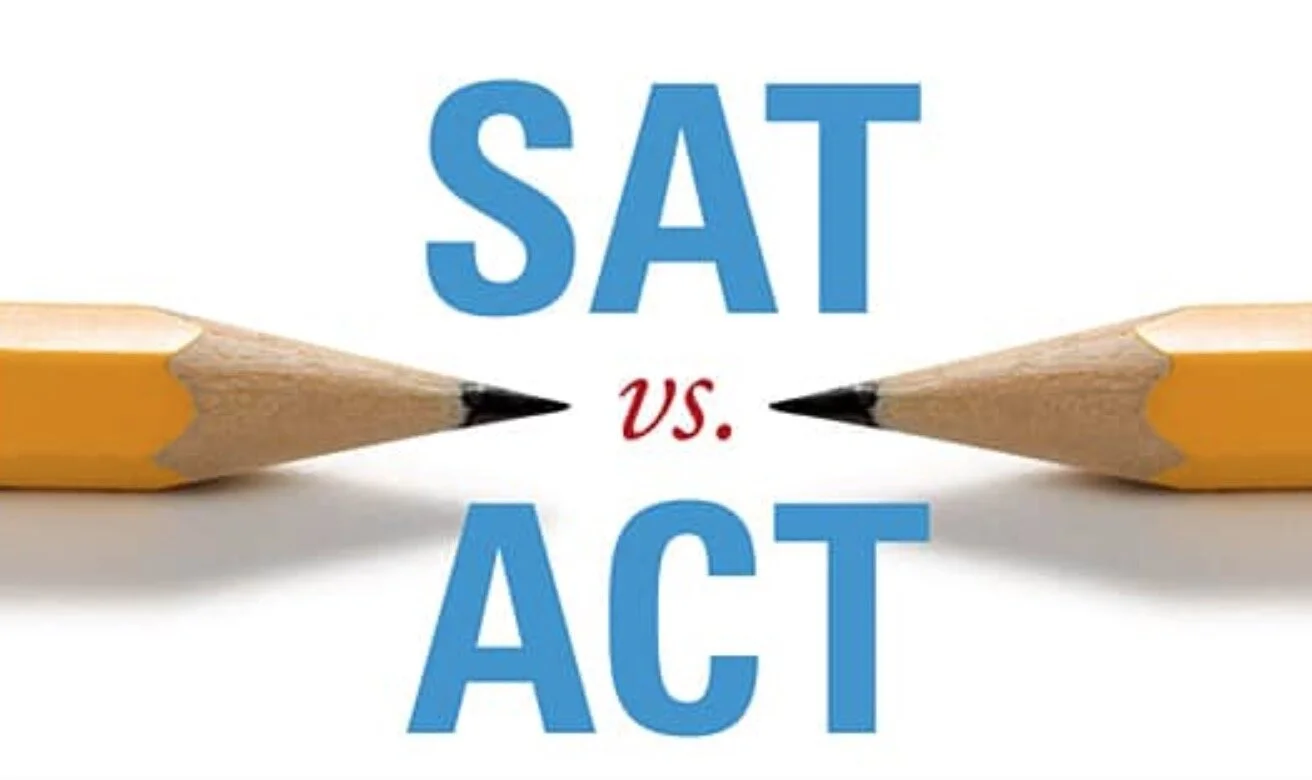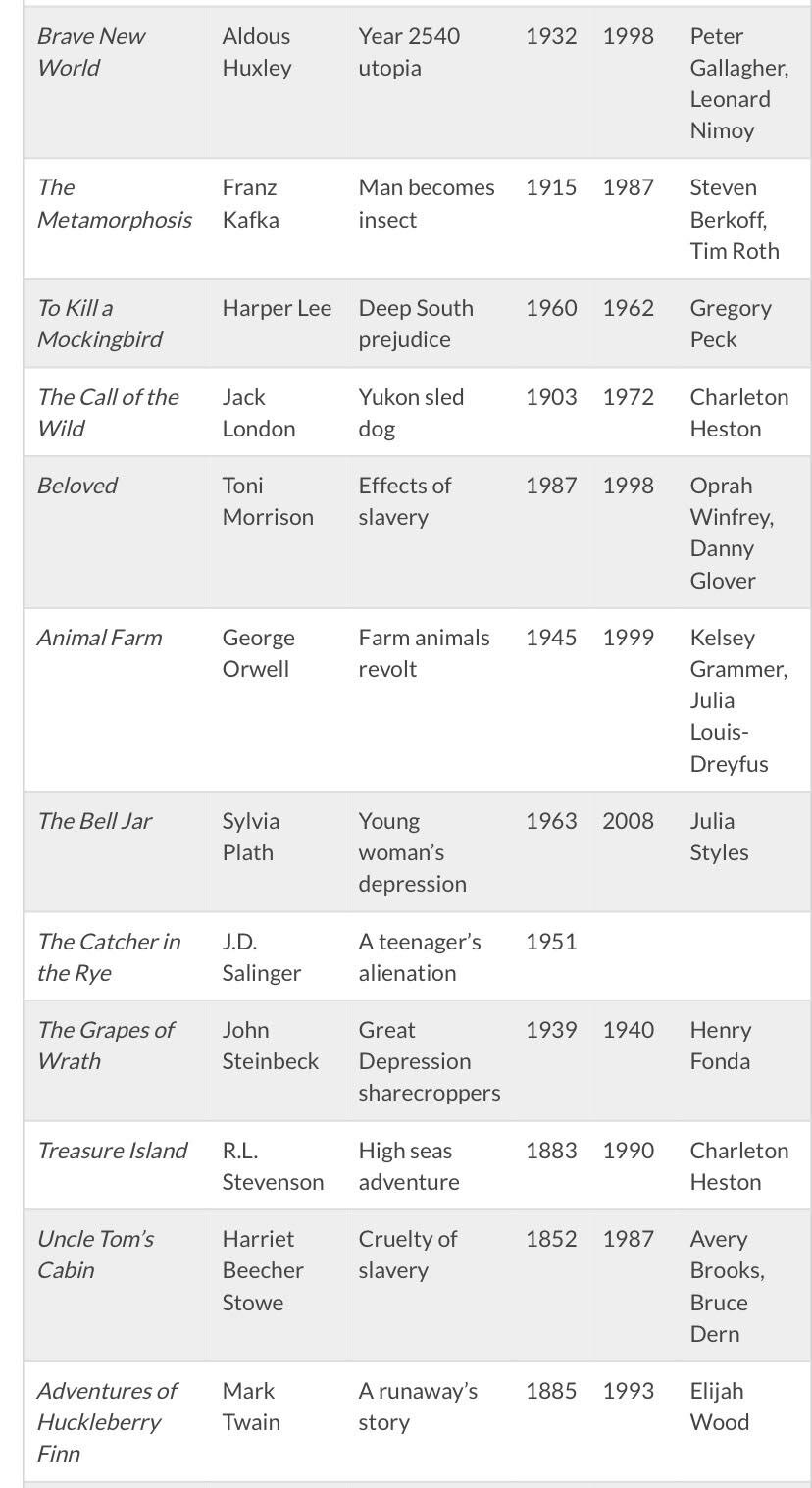Combat the “Covid-19 Slide”
How Tutoring Programs Can Combat the “Covid-19 Slide”
The current pandemic has led to unprecedented disruptions in student learning in the United States. Remote learning, decreased instruction time, and fewer opportunities for personalized interactions with teachers have set the stage for widespread learning loss, also referred to as the “Covid-19 slide.” These risks are greatest for low-income students, students of color, and students who were already in need of additional support before schools closed their doors. As the education system works to stabilize and adapt, addressing learning loss must stay at the forefront of the conversation. Policy and education officials must be proactive in identifying strategies to combat the growth of preexisting inequities and gaps in educational access and achievement. Rigorous research indicates that tutoring — supplemental one-on-one or small group instruction — may be one of the most effective tools they can employ.
J-PAL North America’s new publication, “The transformative potential of tutoring for PreK-12 learning outcomes: Lessons from randomized evaluations,” summarizes a meta-analysis of 96 randomized evaluations of different tutoring programs. Drawing primarily from research in high-income countries, this publication examines the effectiveness of tutoring programs across a variety of characteristics, including tutor type, subject, student grade, and others. The meta-analysis finds that tutoring programs have consistently large, positive impacts on students across this range of program aspects. The magnitude and consistency of the findings point to tutoring as one of the most agreed-upon and impactful tools available to educators for improving student learning.
The review identifies valuable insights and trends across five categories.
Program effectiveness: Across all studies included in this analysis, tutoring programs consistently lead to large improvements in learning outcomes for students, with an overall pooled effect size of 0.37 standard deviations. (Effect sizes greater than 0.3 standard deviations are considered to be large impacts, especially in the context of education interventions.) This impact translates to a student advancing from the 50th percentile to nearly the 66th percentile.
Tutor type: Tutoring programs led by teacher or paraprofessional tutors are generally more effective than programs that use nonprofessional (volunteer) or parent tutors. Paraprofessional tutors include, among others, non-teacher school staff, undergraduate and graduate students in education, and service corps fellows. Paraprofessional programs led to positive effects of nearly the same magnitude as teacher programs and were more consistent in their outcomes. This presents a potentially cost-effective option for highly impactful programming.
Student grade level: The effects of tutoring programs tend to be strongest among students in earlier grades, although a smaller set of programs at the secondary level was also found to be effective at improving learning outcomes.
Subject material: While overall effects for math and reading tutoring programs are similar, reading tutoring tends to be relatively more effective for students in preschool through first grade, while math tutoring tends to be more effective for students in second through fifth grade.
Time and location of tutoring: Tutoring programs conducted during school tend to have larger impacts than those conducted after school. Many programs shown to have weaker effects used parents as tutors or took place in an after-school program. Researchers hypothesize that it is difficult to ensure that tutoring actually occurs in these settings.
This publication is meant to serve as a resource for supporting student learning and minimizing the growth of academic disparities during the Covid-19 slide. In addition to highlighting tutoring as an effective educational tool, it also identifies meaningful trends to inform how tutoring programming can be implemented most effectively. Finally, the publication outlines key open questions about how to effectively scale tutoring programs, support older students, and make tutoring accessible to the students who need it most. J-PAL North America is seeking to answer some of these questions through their COVID-19 Recovery and Resilience Initiative.
We also invite you to explore how Vint Hill Educational Services can help if you need greater flexibility in the how, when, and where of your educational journey. We have a consistent record and demonstrated success of helping students improve their grades, scores, and overall academic functioning. In addition, all our programs are taught by highly qualified teachers and tutors. You can find out more about us by visiting our website or calling us directly at 540-680-4004. We're always happy to talk with you about your options and how we can help.
















